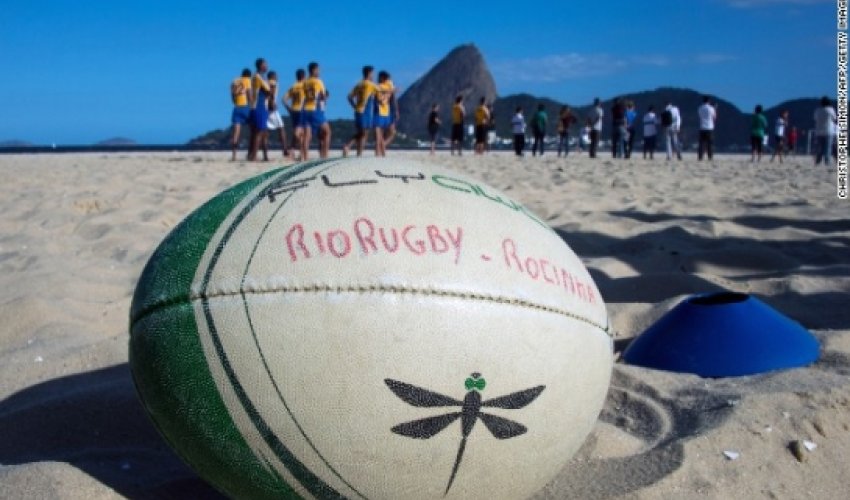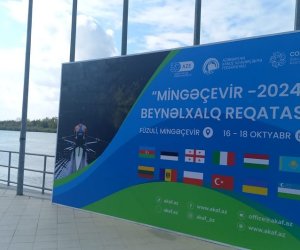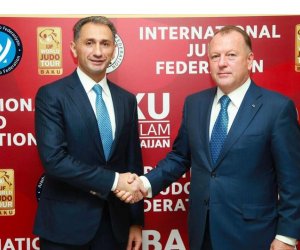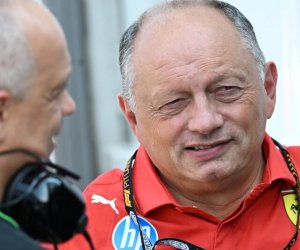Rugby comes out of the shadows in football obsessed Brazil

As darkness falls on Copacabana, the floodlights flick on and locals gather for a game of kick-about late into the night. The bars, restaurants, sidewalks and beaches of Rio de Janeiro all seem to pulse to the beat of football.
It's a Brazilian love affair that dates back to 1894 when Charles William Miller -- a Brazilian of English-Scottish decent -- returned from studying in England to help establish the Sao Paulo Football Club, bringing with him some equipment, a rule-book and two balls. One was round and one was oval shaped.Football was quickly adopted and thrived, but rugby remained in the shadows of its closest competitor, a sport largely played by expatriates from rugby-playing nations.But times are changin' in Brazil. New opportunities are bringing new life to an old game and over the past five years 10,000 Brazilian players have taken up the sport.Rugby sevens' inclusion in the 2016 Rio Olympic Games, with a guarantee of automatic qualification for the home nation, has encouraged new clubs to spring up in diverse and remote regions across the country with players seeking to represent their country.Part of this rugby revolution are four Rio brothers -- Max, Marcos, Maicon and Maxwilliam Paixao -- who live in the Cantagalo favela, one of the city's largest slums, perched on the hillside above Ipanema Beach.All four siblings play to a high standard, but Marcos has already represented Brazil Internationally and shows huge promise.They reside in a toppling multistory space which is held together with brick, plastic and corrugated iron in the heart of Cantagalo."Because the family kept on growing we converted it," Marcos told CNN."On the ground floor is my mother, my dad. The second my sister and her children ... above that my sister with her daughter. Above is me, my brother, cousin and his baby. He's on one side, I'm on the other with that little window."On the top floor, stuck to the left panel of the little window is a sticker saying "I LOVE RUGBY" -- the only visible evidence that one of Brazil's brightest rugby talents lives here.Like many sports that make inroads in Brazil, the brothers' first encounter with rugby came on the beach."A friend of mine used play on the beach," explains Marcos. "Out of curiosity I asked him what rugby was and he said, 'C'mon I'll show you.'"At first I didn't want to because it seemed like a violent sport. The following week I went to watch and they asked me to join them, so I did. I've stayed ever since."The brothers are being helped to achieve their potential by Rio Rugby, one of several initiatives designed to grow the game in Brazil."Rugby welcomed us like a family and we accepted it like a family. It showed us things, like how to respect others," adds Marcos.Just as importantly, rugby has helped provide a respite from the toughness of favela life."A lot of people who grow up here in this community don't have the mentality to do anything," says Marcos."They think they're 'made-men,' but no ... The education that my parents gave me -- to follow what is right and leave what is wrong behind -- is just like rugby."They've helped us to not only stay in the favelas but take us out of the community and travel."Efforts by the Rio authorities to squeeze out criminal gangs and drug lords in order to make the area safer for its residents have led to an escalation of tension with the police, who have been criticized for their heavy handed and some times violent approach.(CNN)Bakudaily.az




































 Photo
Photo 



 Video
Video 

